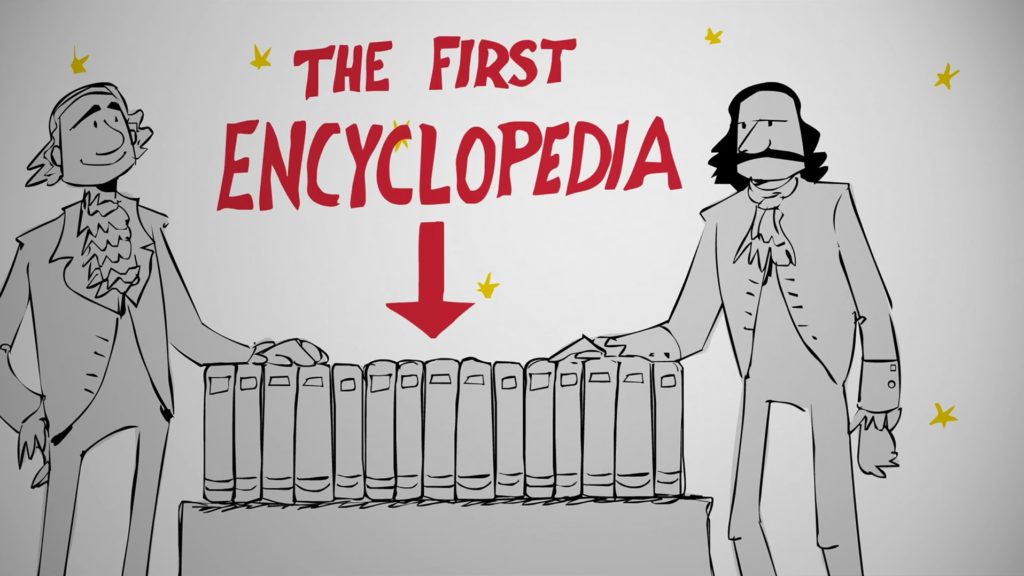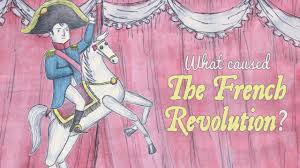The controversial origins of the Encyclopedia

“When I opened Wikipedia, it had three articles, yet it was called an encyclopedia.” – Jimmy Wales
We know that an encyclopedia is a reference work or compendium providing summaries of knowledge divided into articles or entries, and thematic category. It focuses on factual information which existed for around 2000 years. It is derived from Koine Greek meaning general education, the same meaning, and this spurious Greek word became the new latin word “encyclopaedia”. But do you the struggle behind the publishing? Let’s see.
The initiatives of modern idea of the general-purpose, widely distributed printed encyclopedia precede the 18th century encyclopedists.
1749, Denis Diderot, a French philosopher had his writing burned in public before getting locked up under the royal command for essay about a philosopher’s demise rejection of God. He was emancipated by promising never to write things like that. But then Diderot survived by translating, tutoring, and authoring sermons for priests.
Back in 1745, André le Breton, a French publisher set out to publish a translation of Ephraim Chambers, so they hired Diderot as the co-editor, adapting English cyclopedia paired with Jean le Rond d’Alembert as the editor for more detailed account.
By 1751, these two men realized that cyclopedia wasn’t new, but no one has attempted one publication covering all knowledge so they did. These two men organized the French Enlightenments producing the first encyclopedia by arranging every fact and principle in chronological order of 70,000 entries, 35 volumes created over 3 decades of researching.
Diderot adapted Francis Bacon’s “Classification of Knowledge” into 3 part system based on minds approaches to reality: memory, reason, and imagination. Jean wrote music section in 3 months and his entry on political economy held the idea for The Social Contract. Louis de Jaucourt wrote quarter of the encyclopedia that is 18,000 articles unpaid. Voltaire contributed entries among them history, elegance, and fire.
Upon the release of first two volumes in 1758, Louie XV prohibited it but enjoyed his own copy, and Pope Clement XIII commanded it to be burnt and wanted Diderot arrested on sight in. But Diderot was a step ahead, smuggling proofs outside France for publications facing years of struggling like D’Alembert dropped out, Rousseau broke his friendship, publishers edited some proofs, resulting of its controversies some were even jailed in 1759 leaving Diderot as the sole editor continued to work on the project until 1765. But the uncensored pages reappeared in Russia 1933 after Diderot demise.






Responses